Feeling Sick After I Workout?
If you’ve worked out for any length of time, chances are you’ve experienced nausea during or after a workout (especially an intense leg day.)
Anyone experiencing this for the first time has probably thought to themselves “WHAT HAVE I DONE? PLEASE MAKE IT STOP!” And for you advanced lifters out there, I know I’ve heard you say “It isn’t a good workout if you don’t throw up after…”
While I do not recommend gauging your workout effectiveness on if you want to puke or not, it is important to understand why you might feel that way. Let’s look at a few reasons why you might be feeling sick during or after a workout.
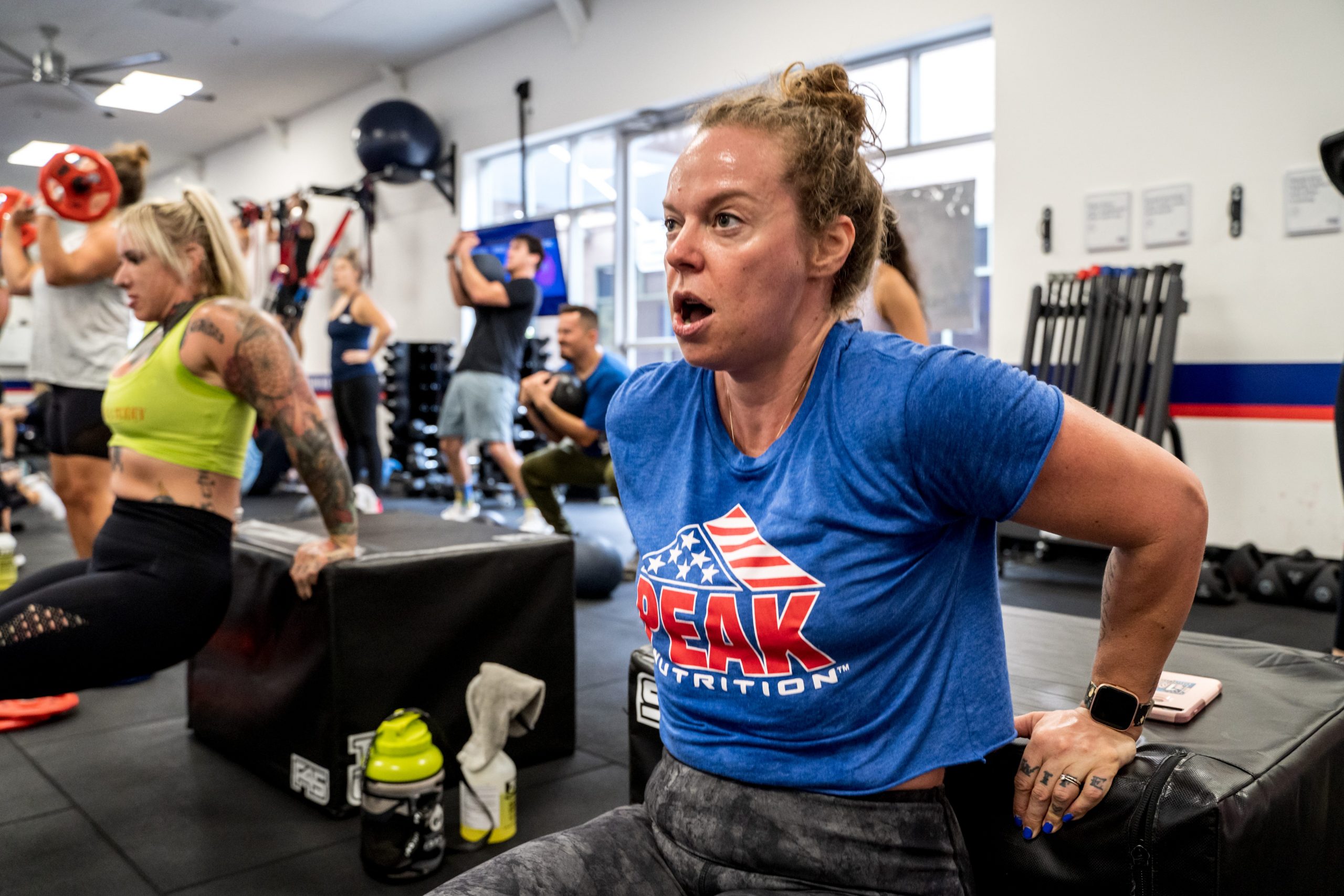
Eating Too Much or Too Little
Eating too much before a workout can lead to an upset stomach. If you’re using Michael Scott as your inspiration and carb loading a double portion of fettuccine alfredo minutes before an intense workout, chances are you’ll end up seeing that pasta later. Foods that are higher in fats and protein take longer to digest which can make you feel sick.
Conversely, eating too little before a workout could cause nausea due to low blood sugar levels in the body resulting in fatigue and dizziness.
I like to get a high carb, high protein, low fat meal 2-3 hours before my workout. An example would be rice, ground turkey and some broccoli.
I have another smaller high carb, high protein snack 30-60 minutes before my workout. A banana, Greek yogurt or a sustained assimilation protein shake would all be good options here. This gives me the proper fuel I need without making me feel too full, heavy and sluggish.
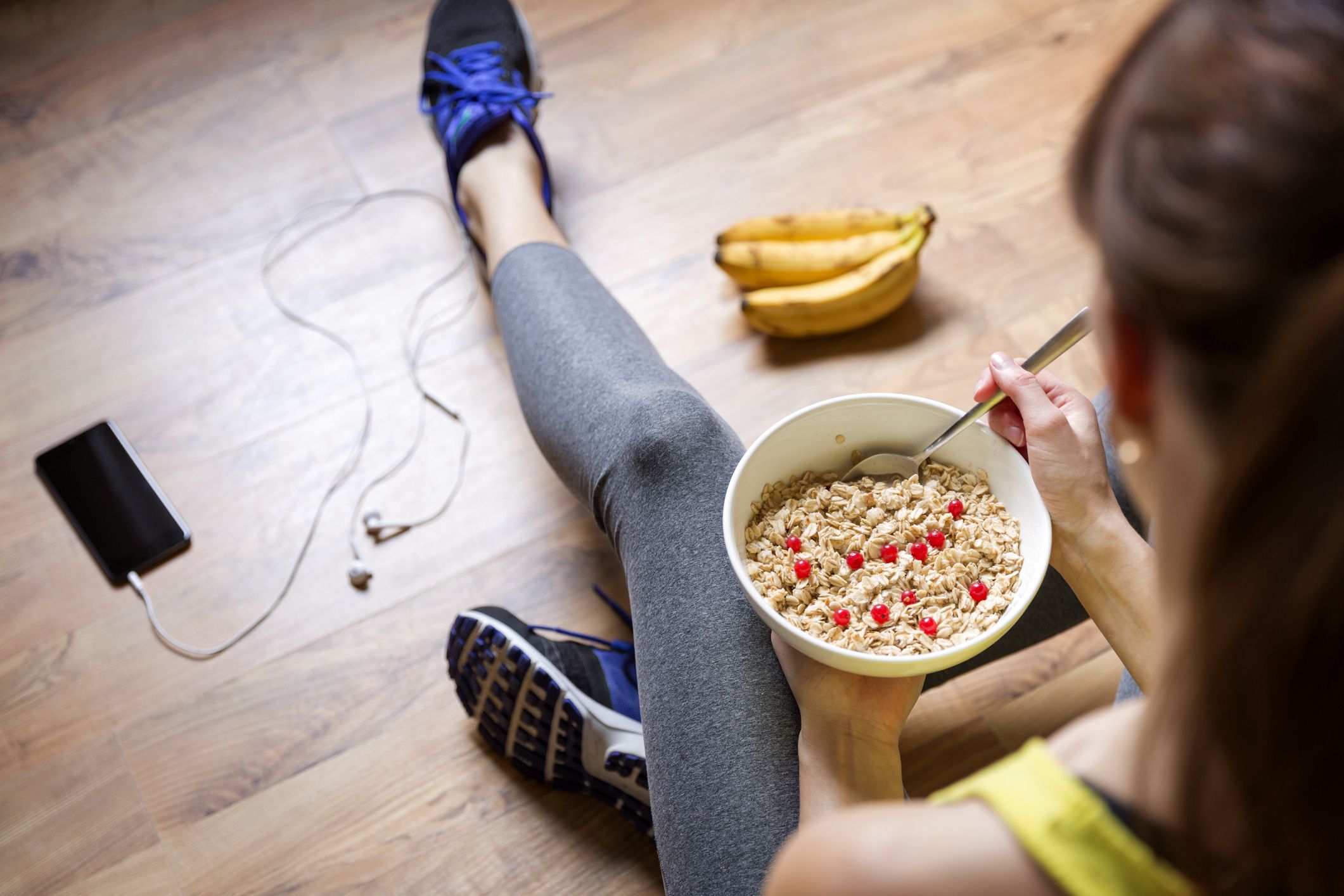
Hydration & Caffeine Intake
You’ll want to make sure you hydrate enough before, during and after any physical activity as dehydration can lead to nausea and upset stomach. The American Council on Exercise recommends drinking 8-10oz of water every 10-20 minutes of exercise. Many people involved in higher intensity workouts find benefit in some type of intra-workout supplement with electrolytes, vitamins & minerals.
Too much caffeine can also result in nausea because it takes water away from the blood and digestive system. You will want to consider what kind of pre-workout you’re taking, how much of it you are taking, and if you are using it on an empty stomach or not.
During a workout, your body uses glycogen. This causes your body’s blood sugar levels to drop which will cause fatigue, dizziness or sometimes nausea. I always like to make sure I take a post-workout glucose powder mixed with a rapid assimilation protein isolate to not only recover faster, but to replenish those glycogen stores and get my blood sugar back to where it needs to be to avoid problems.
If you need help with finding out what to eat before or after your workouts, what kind of pre-workout to take, or want to discuss the proper ways to start and stop your workouts to minimize workout sickness, reach out to any one of our Certified Sports Nutrition Specialists at Peak. Our goal is to GET YOU RESULTS.
If you found this blog helpful, make sure to follow us on Instagram @peakAZ for more tips and tricks, and come visit us at one of our store locations!
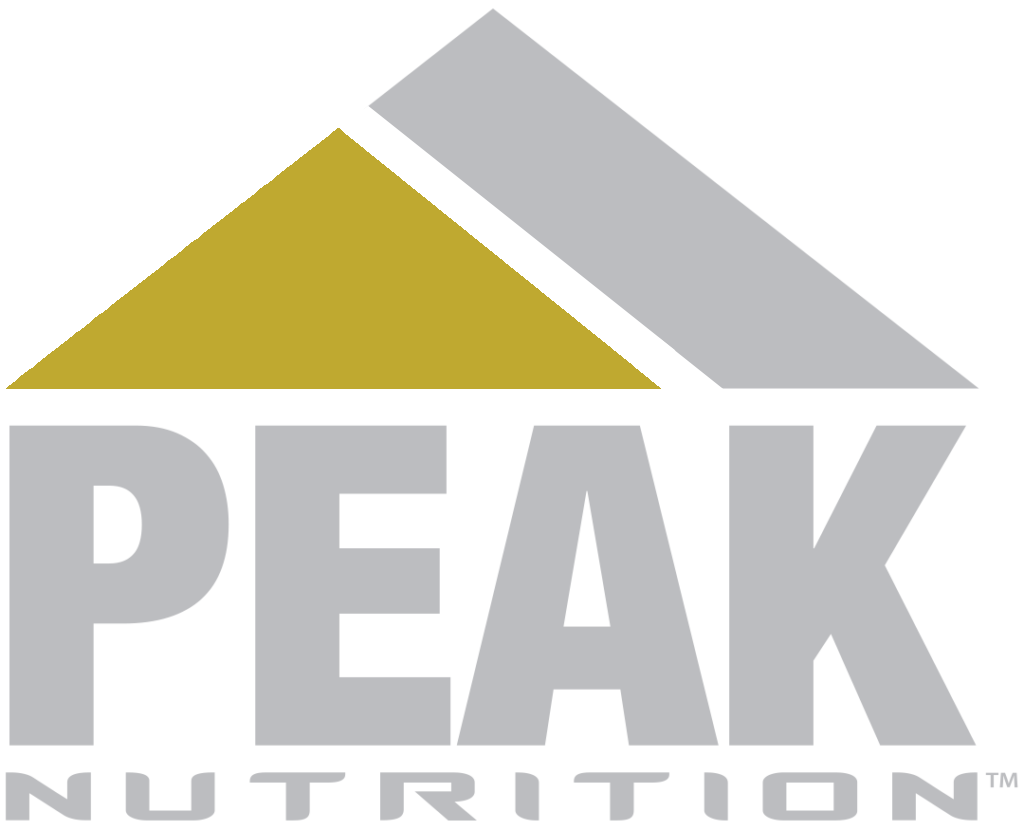
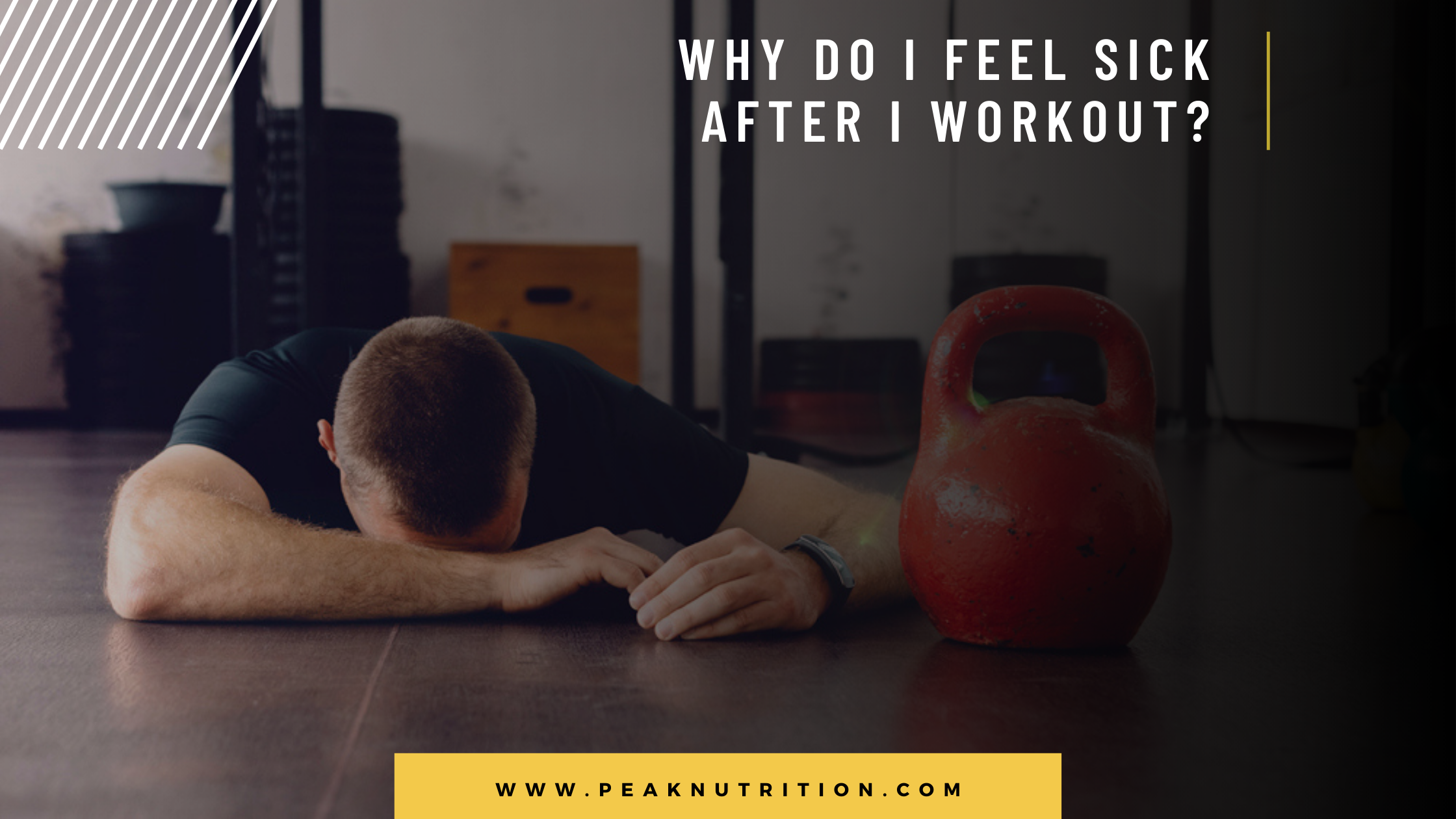
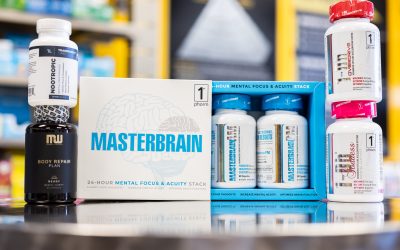
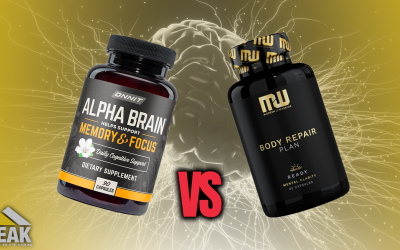

0 Comments